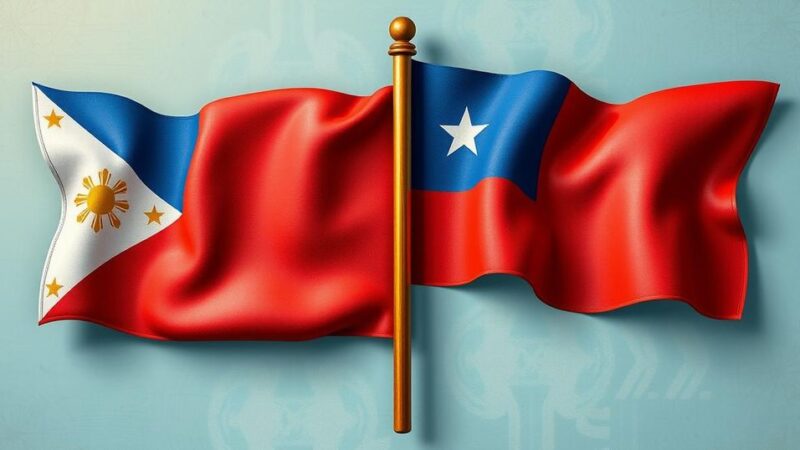In this edition of Latam Insights, El Salvador escalates bitcoin purchases despite IMF guidance, Argentine authorities freeze $3.5 million in USDT linked to a pyramid scheme, and Brazilian Congresswoman Julia Zanatta warns against potential cash elimination due to a CBDC initiative.
In this week’s edition of Latam Insights, significant developments in the Latin American cryptocurrency landscape have emerged, notably El Salvador’s unabated bitcoin acquisition despite the International Monetary Fund (IMF)’s advisories, the Argentine judicial system’s unprecedented order to freeze Tether assets, and crucial warnings from a Brazilian congresswoman regarding the implementation of a central bank digital currency (CBDC).
El Salvador, undeterred by the IMF’s recent recommendations to temper its cryptocurrency strategy, has accelerated its bitcoin purchases. Stacy Herbert, director of El Salvador’s Bitcoin Office, publicly affirmed that the nation would maintain an aggressive acquisition pace, adding multiple bitcoins to their reserves during the Christmas period. The country purchased several bitcoins daily, showcasing its commitment to its bitcoin reserve strategy.
Additionally, Argentine authorities took a decisive step by imposing a freeze on $3.5 million in Tether (USDT) assets linked to the Rainbowex pyramid scheme. This marks a significant interaction between the Argentine legal system and cryptocurrency platforms, highlighting an emerging regulatory approach toward digital currencies. The freeze comes in response to a substantial law enforcement operation targeting individuals tied to this scheme, emphasizing the gravity of financial crimes in the region.
Furthermore, Brazilian Congresswoman Julia Zanatta raised alarms about the potential elimination of cash as Brazil progresses toward implementing its national CBDC, drex. She expressed concern over a proposed bill that would restrict physical currency use, advocating instead for voluntary participation in the digital currency system to preserve citizens’ economic freedoms. These developments convey the intricate dynamics faced by Latin American countries in navigating cryptocurrency regulations and digital innovation.
The evolving cryptocurrency framework in Latin America underscores significant national decisions regarding digital assets and their governance. El Salvador’s continued bitcoin acquisition reflects its bold economic strategy amid international scrutiny, while Argentina’s legal action signifies a burgeoning awareness and regulatory response to financial misconduct within the sector. Meanwhile, Brazil’s legislative processes illustrate the challenges of ensuring that technological advancements do not infringe upon citizens’ financial autonomy.
In conclusion, the recent events across Latin America demonstrate a rapidly evolving cryptocurrency landscape marked by aggressive initiatives in El Salvador, significant judicial actions in Argentina, and cautious legislative developments in Brazil. These cases highlight the region’s ongoing challenges in balancing innovation with regulatory oversight.
The cryptocurrency landscape in Latin America presents a unique array of challenges and opportunities. El Salvador has notably taken a pioneering stance by adopting bitcoin as legal tender, promoting its usage despite advice from international financial organizations such as the IMF. Meanwhile, Argentina grapples with financial misconduct in the cryptocurrency realm, evidenced by the regulatory actions taken against pyramid schemes using USDT. On another front, Brazil’s consideration of a CBDC underscores the broader discussions about the future of cash and digital currencies in the economy, raising concerns about user consent and economic freedom.
The key points arising from the latest developments in Latin America’s cryptocurrency scene include El Salvador’s commitment to continuous bitcoin purchases amidst IMF advisories, Argentina’s judicial order against Tether assets associated with fraudulent schemes, and Brazil’s legislative scrutiny of the proposed elimination of cash in favor of a central bank digital currency. These events reflect the region’s complex interplay of innovation, regulation, and economic freedom as countries navigate the future of digital currencies.
Original Source: news.bitcoin.com







